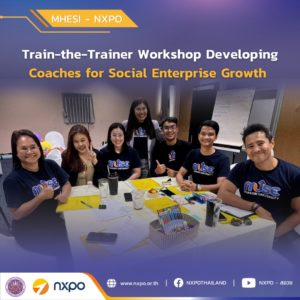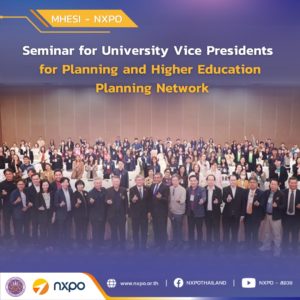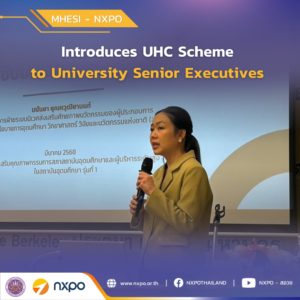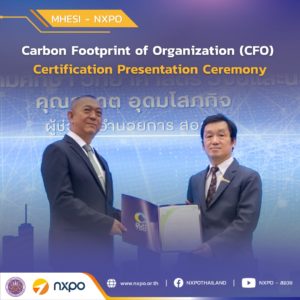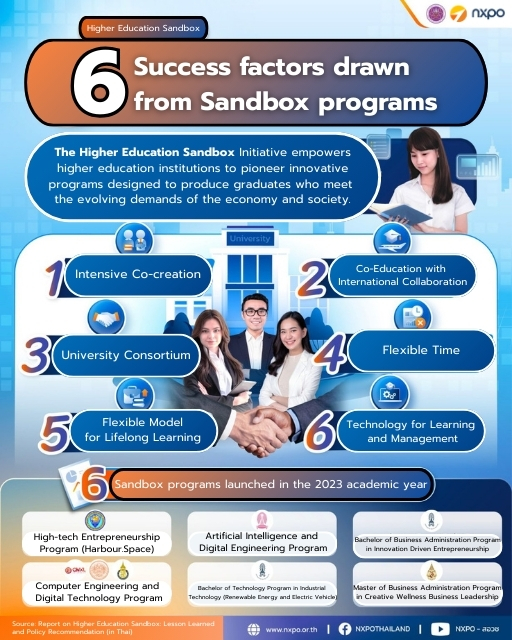
The Higher Education Sandbox Initiative, introduced by NXPO in collaboration with the Office of the Permanent-Secretary for Higher Education, Science, Research, and Innovation, aims to pioneer new education programs. In the 2023 academic year, six sandbox programs were launched:
- High-tech Entrepreneurship Program (Harbour.Space) at the University of the Thai Chamber of Commerce.
- Artificial Intelligence and Digital Engineering Program at CMKL University and network universities.
- Computer Engineering and Digital Technology Program at Chulalongkorn University.
- Bachelor of Technology Program in Industrial Technology (Renewable Energy and Electric Vehicle) at Chitralada Technology Institute.
- Bachelor of Business Administration Program in Innovation Driven Entrepreneurship at Chitralada Institute of Technology.
- Master of Business Administration Program in Creative Wellness Business Leadership at Mae Fah Luang University
The following success factors were drawns from these programs:
- Intensive Co-Creation: Close collaboration with industry stakeholders is integrated throughout the process—from curriculum design to learning evaluation, internships, and post-graduation employment. This ensures graduates are job-ready upon completion, while allowing employers to provide input to refine learning outcomes. Universities can adapt teaching methods and content to remain relevant..
- Co-Education with International Collaboration: Partnerships between Thai and international higher education institutions enhance education delivery by providing students with direct access to world-renowned instructors and advisors. This approach produces global citizens and allows Thai educators to adopt and apply innovative teaching practices.
- University Consortium: Collaboration among higher education institutions within specific industries or disciplines fosters resource sharing, such as training infrastructure, specialized faculty, and industry networks. This creates tailored education programs that address the needs of particular industries.
- Flexible Time: This model prioritizes competency-based outcomes over learning durations by integrating theoretical and practical modules, combining online courses with laboratory practice, or adding special projects to student internships. This approach reduces study time while ensuring graduates meet labor market demands with specific skills.
- Flexible Model for Lifelong Learning: Designed to accommodate diverse learners, including professionals seeking new skills, career changers, and students transitioning from related fields, this model incorporates online courses paired with practical training, self-education, and short-term certificate programs. These programs are linked to university credit banks, enabling learners to accumulate credits toward degrees. This model promotes lifelong learning and skill development, allowing learners to balance education with personal commitments to achieve professional goals.
- Technology for Learning and Management: Technology has potential to enhance both education delivery and administration. Examples include online and hybrid education platforms, shared courses across universities within the network, individual learning progress tracking and customized planning, mentorship programs, internship matching, and automated grading systems. These technologies enable resource optimization, provide personalized student support, and ensure scalability and sustainability of education programs.
These initiatives mark a transformative step forward, positioning Thai higher education to thrive in an increasingly dynamic global environment.
Source: Report on Higher Education Sandbox: Lesson Learned and Policy Recommendation (in Thai)

